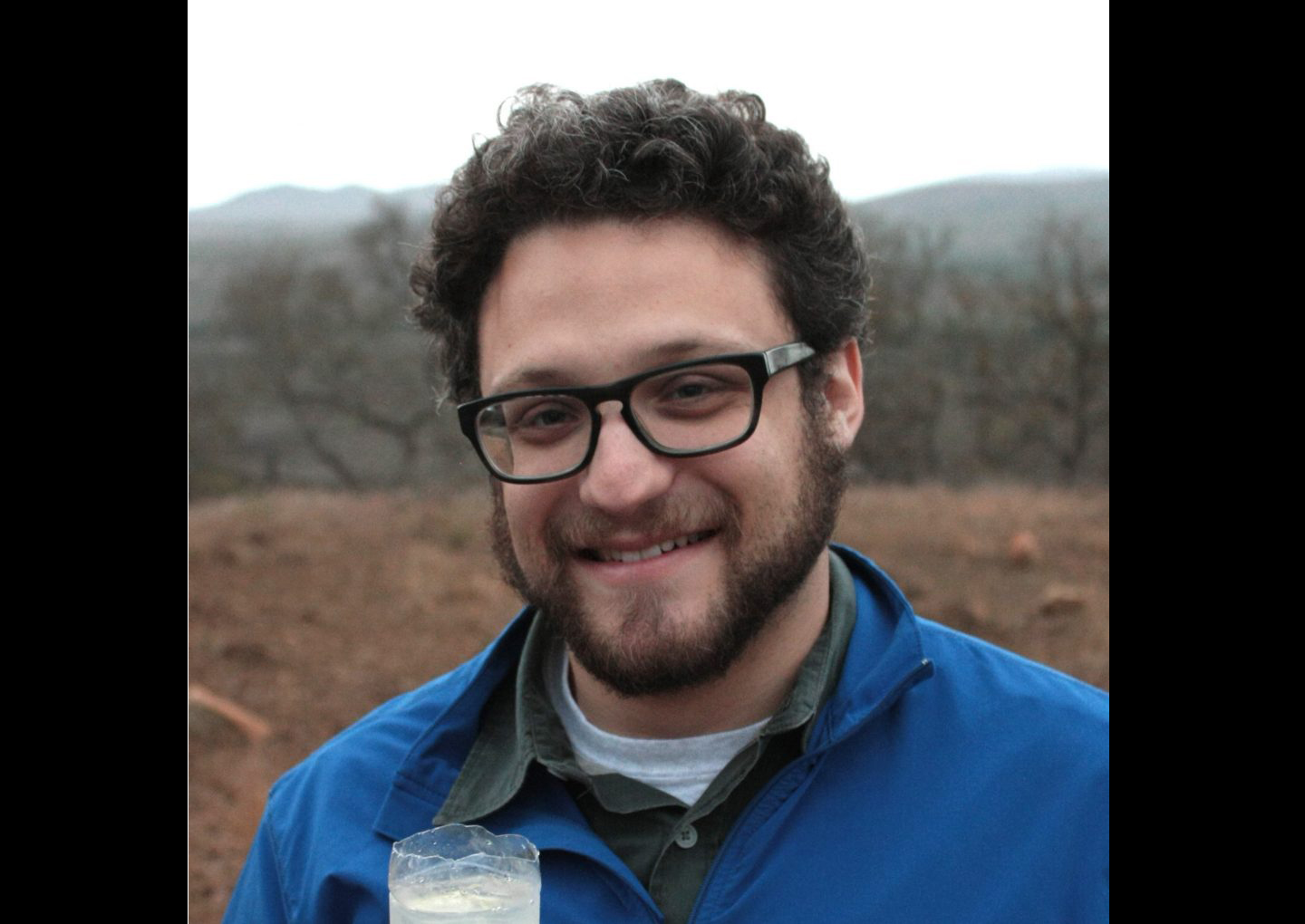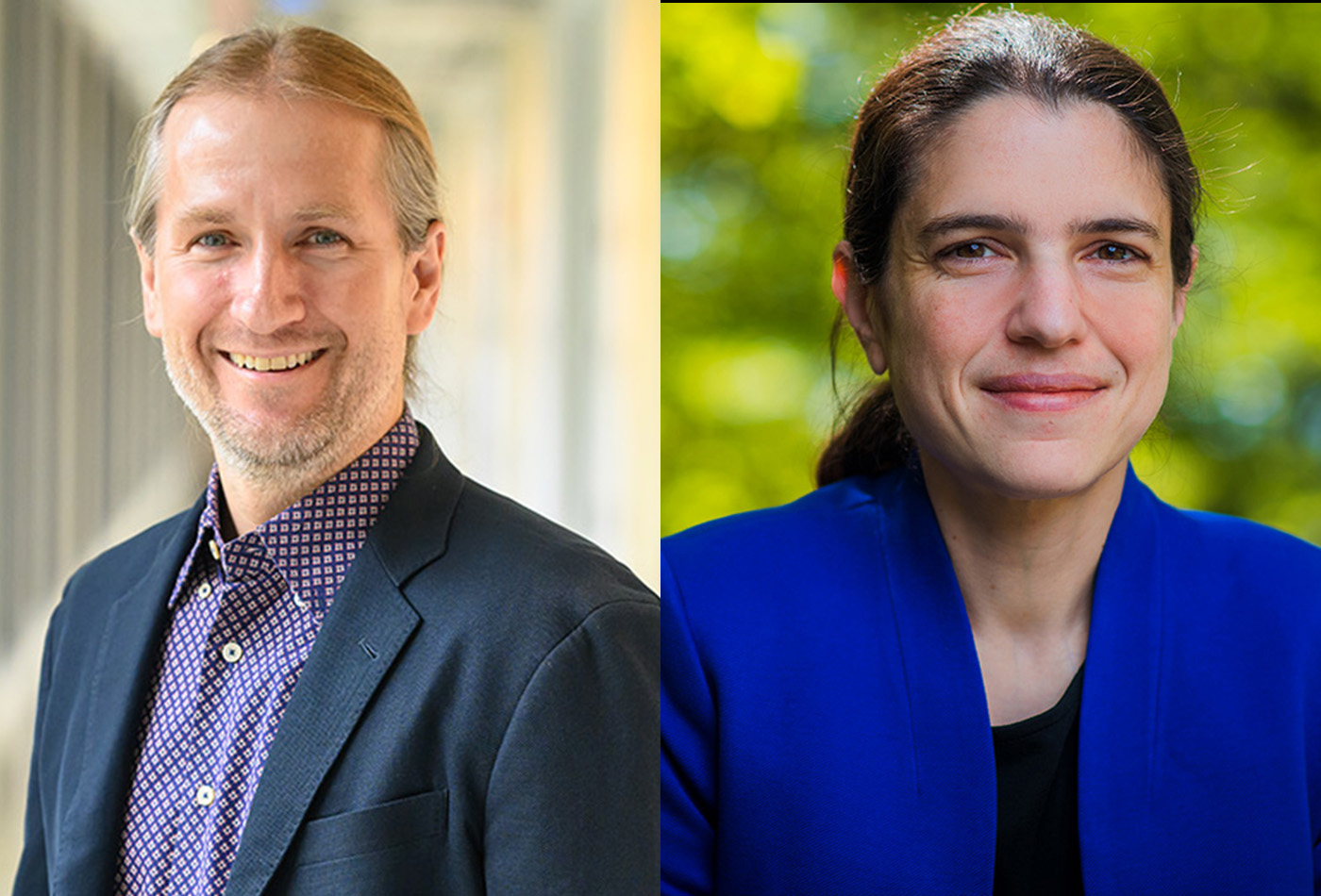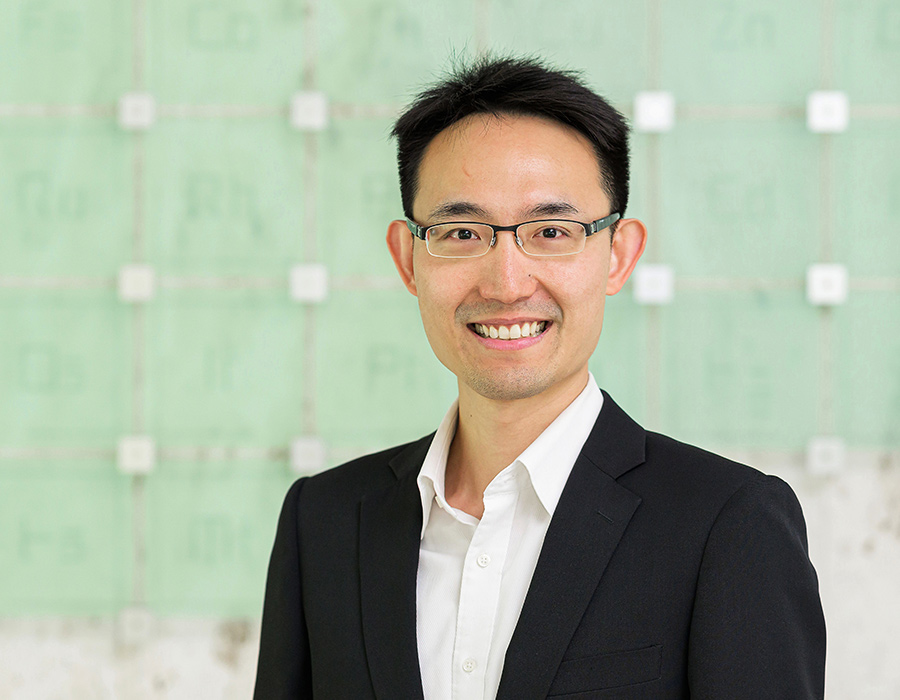Samuel Kazer receives Hugh Hampton Young Fellowship
Individuals selected as Hugh Hampton Young Fellows exhibit a blend of broad focus, leadership, and initiative.
Samuel Kazer, a third year graduate student in Professor Alex Shalek‘s lab, has been selected to receive the 2018 Hugh Hampton Young Fellowship.
Recipients of this fellowship are selected by an external committee comprised of former Hugh Hampton Young Fellowship recipients and individuals with a distinct interest in the MIT community. Those selected as Hugh Hampton Young Fellows exhibit a blend of broad focus, leadership, and initiative, and by receiving this fellowship, they become part of a legacy of exceptional individuals.
The objective of the annonymous founder of this Fellowship was to foster the development of outstanding individuals with the great breadth of vision and interests, and the capacity for technical leadership as exemplified by Hugh Hampton Young (September 18, 1870 – August 23, 1945), an American surgeon, urologist, and medical researcher whose contributions to the field of medicine include the “boomerang needle”, a type of surgical needle designed for working with deep incisions, as well as a device known as the Young punch, used in prostatectomy procedures.
Kazer was flattered and encouraged by being named the recipient of this fellowship, and expressed his sincere gratitude upon receiving this honor from the Hugh Hampton Young Memorial Fund Committee.
“It gives me hope that the work I am doing will have some impact on the livelihoods of those who are at risk of contracting HIV infection, as well as those currently living with it,” Kazer said. “This funding will help offset some of my tuition and stipend, allowing me to utilize money put aside for my costs towards my project, increasing the statistical power and knowledge gained from unique acute HIV infection samples from South Africa. While I don’t apply quantum mechanics or thermodynamics as the typical physical chemist, many of the key principles and problem solving approaches I learned in those classes help guide my current research, and in my opinion, strengthen my approach to research.”
Research in the Shalek Lab is directed towards the creation and implementation of new technologies to understand how cells collectively perform systems-level functions in healthy and diseased states.





